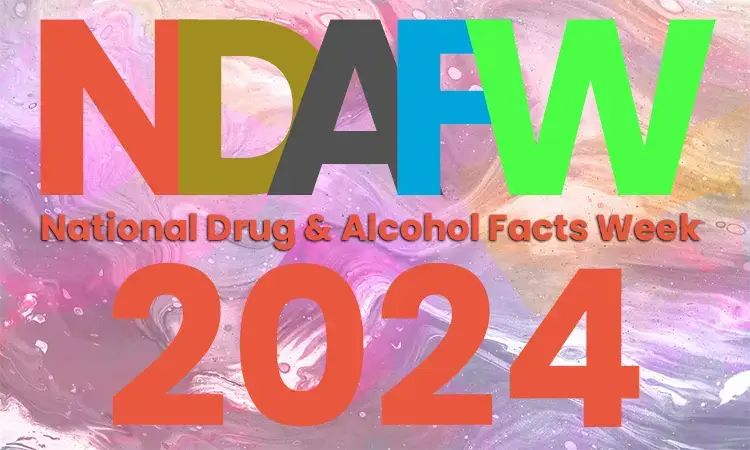
National Drug and Alcohol Facts Week (NDAFW) is an annual observance held in the United States to raise awareness about the dangers of drug and alcohol abuse among teenagers and young adults. It is organized by the National Institute on Drug Abuse (NIDA) and the National Institute on Alcohol Abuse and Alcoholism (NIAAA). NDAFW aims to empower young people with factual information about drugs, alcohol, and their effects on the body and mind.
The primary goal of National Drug and Alcohol Facts Week is to debunk common myths and misconceptions about substance abuse. It provides an opportunity for educators, healthcare professionals, parents, and community leaders to engage with young people and have open conversations about the risks associated with drug and alcohol use. By fostering dialogue and promoting evidence-based information, NDAFW seeks to prevent substance abuse and promote healthier choices among youth.
During National Drug and Alcohol Facts Week, various activities and events are organized across the country. Schools, youth organizations, and community centers often host educational workshops, seminars, and interactive sessions focused on substance abuse prevention. These events cover a wide range of topics, including the science of addiction, the impact of drugs and alcohol on the brain and body, peer pressure, coping strategies, and available resources for those struggling with substance use disorders.
One of the key features of NDAFW is the participation of experts and professionals in the field of addiction science and prevention. They provide valuable insights, answer questions, and offer guidance on how to recognize warning signs of substance abuse and where to seek help. Additionally, NIDA and NIAAA release updated research findings and educational materials during this week to support informed decision-making and promote positive behaviors among young people.
In recent years, NDAFW has also expanded its reach through digital platforms and social media campaigns. Organizations and individuals use hashtags like #NDAFW and #DrugFacts to share information, resources, and personal stories related to drug and alcohol awareness. This online presence allows for broader participation and engagement, especially among young audiences who are active on social media.
Overall, National Drug and Alcohol Facts Week plays a crucial role in shaping attitudes and behaviors regarding substance use among youth. By fostering education, awareness, and prevention efforts, it contributes to building healthier and safer communities for future generations.
The #vanguardresearchgroup is a #contractresearchorganization specializing in #behavioralhealthresearch. Our mission is to connect real world treatment centers with the opportunity to participate in research.
Additional Facts & Data
According to the most recent Youth Risk Behavior Survey (YRBS) data, 29% of high schoolers reported current alcohol use while 37% reported using marijuana one or more times in their life. Learn more about YRBS by clicking below.
https://www.cdc.gov/healthyyouth/data/yrbs/index.htm
- Alcohol is a depressant substance that slows down the parts of your brain that affect your thinking, behavior, breathing, and heart rate and can worsen feelings of depression.
- Regular alcohol use changes the chemistry of the brain, including a reduction of the neurotransmitter serotonin, a brain chemical implicated in depression. The more you drink, the more symptoms of depression you may have.
- Drinking to cope with untreated depressive feelings, or “self-medicating,” may lead to increased drinking and the risk of alcohol use disorders.
- Increased alcohol use can also affect personal, family, and social relationships and work life, which can contribute to depression as well.
- The rate of suicide among people who are dependent on alcohol is six times that of the general population.
- The presence of alcohol use disorders at least doubles the risk of having depression.
